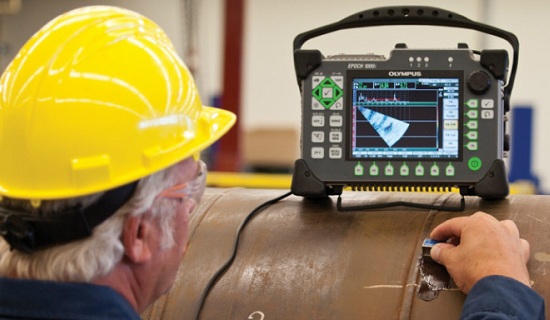

At the end of this seminar participants will learn about:
Anyone with a need to understand the use, care, installation, or the economics associated with mechanical machinery, Consultants, Consulting engineers, Chemical engineers and technicians, Design engineers, Electrical engineers and technicians, Industrial and commercial plant and facilities engineer, Military personnel, New graduates, Operators, Plant Engineers, Managers and Supervisors, Plant operations and maintenance personnel, Process control Engineers, Technicians and Supervisors, Professionals who want to upgrade their knowledge in mechanical engineering, Project Engineers, Property Managers, Sales Engineers, Service Contractors
Mechanical Engineering Basics
Mechanical Design
Gears and Bearings
Mechanical Drives
Prime Movers
Fluid Engineering
Theory of Heat Transfer
Mechanical Vibrations
Manufacturing and Production Systems
Maintenance
Mechanical Engineering Codes and Standards
CDGA attendance certificate will be issued to all attendees completing minimum of 80% of the total course duration.
| Code | Date | Venue | Fees | Register |
|---|---|---|---|---|
| ME120-02 | 21-06-2026 | Dubai | USD 5450 | |
| ME120-03 | 20-09-2026 | Cairo | USD 5450 | |
| ME120-04 | 01-11-2026 | Riyadh | USD 5450 |

Heat exchangers are important and expensive pieces of equipment that are used in a wide variety of industries. This course will enable you to improve heat exchanger effectiveness and extend the equipm ...

Process engineering is at the heart of much of the chemical, oil, gas, and petrochemical industries. It requires familiarity not only with chemical engineering principles, but also with many of the ot ...
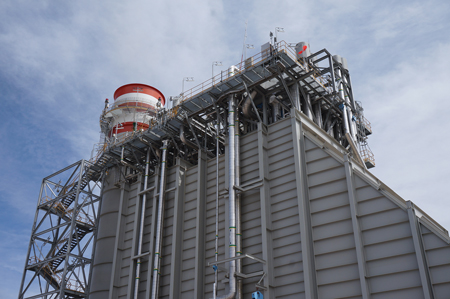
This five-day foundation level course is for engineers and technicians seeking an in-depth understanding of centrifugal, reciprocating, and screw compressors. This course provides basic knowledge of c ...
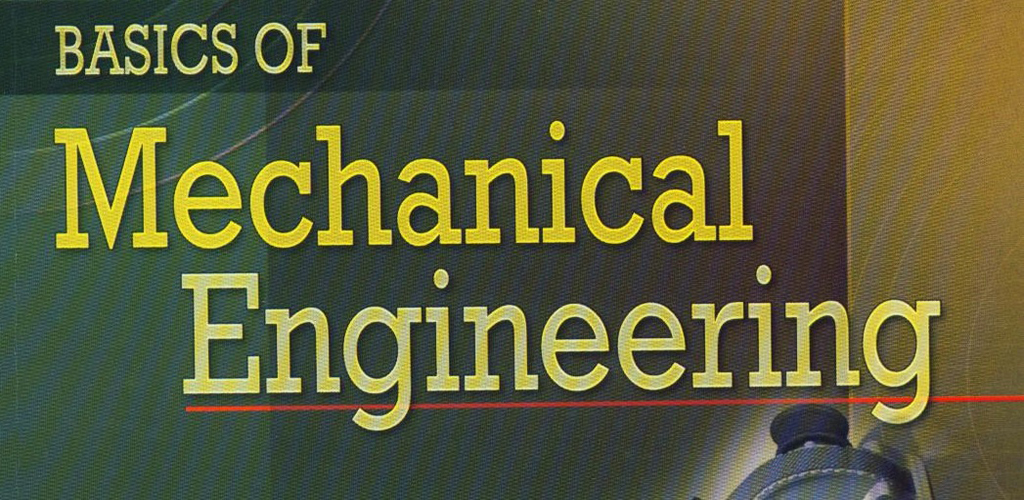
This course introduces the basics and fundamental concepts and applications of mechanical engineering. The course starts with an introduction to the basic principles of mechanical drawings such as tol ...
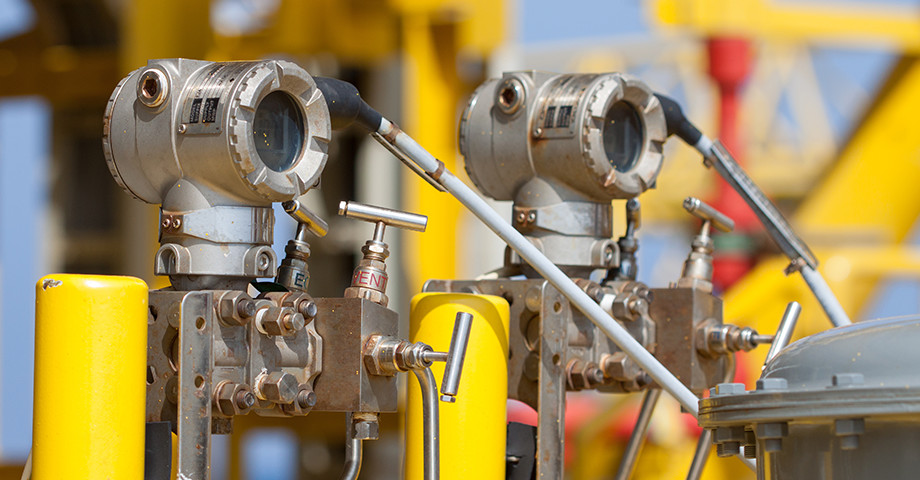
This course will provide a comprehensive review of the various aspects of engineered safety and mechanical integrity in refineries, oil & gas plants and petrochemical plants. Principal emphasis is pl ...
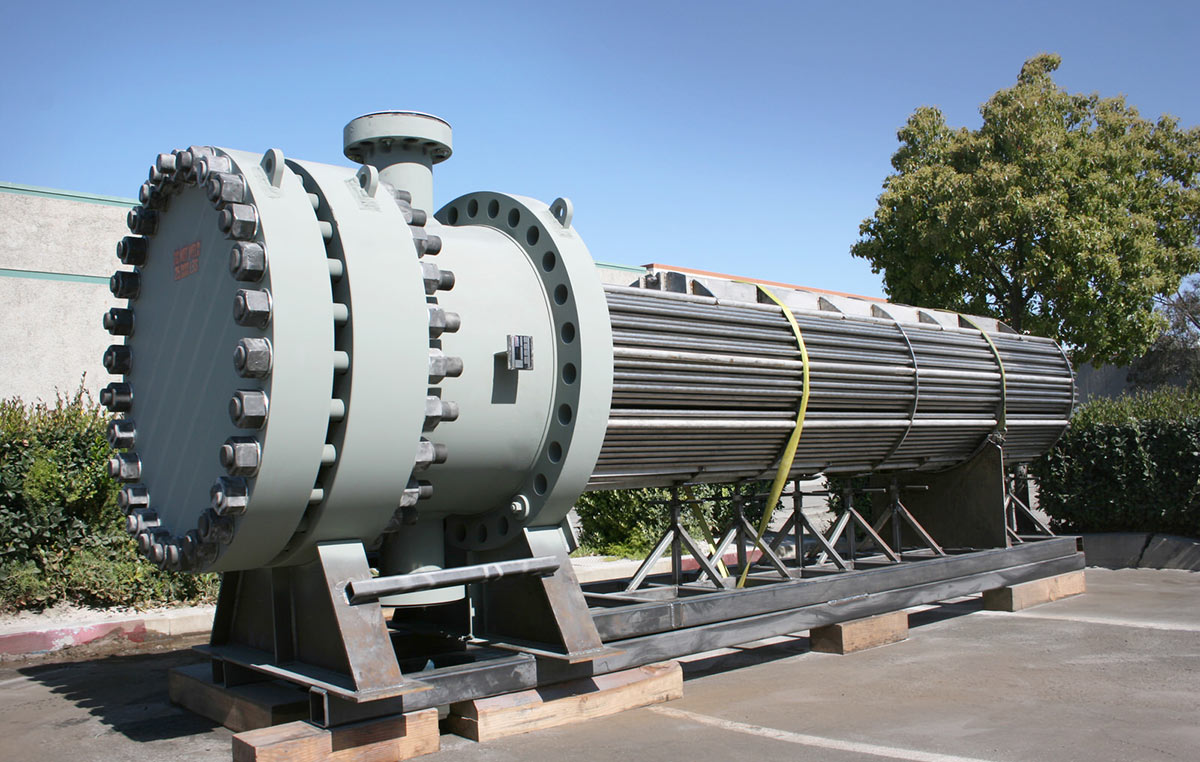
The course is directed to the participants to enable them to unerstand the basic idea of the shell and tube devices and taking care of the new and advanced technology that is available nowadays. The c ...

This training program aims at providing the participants with a comprehensive theoretical and practical knowledge, practical aspects, and enhancing their knowledge and skills for basics of mechanical ...
.jpg)
In this 5-day course, participants will gain a strong technical and practical understanding of mechanical seals and gland packing through the exploration of design features and implications of many se ...
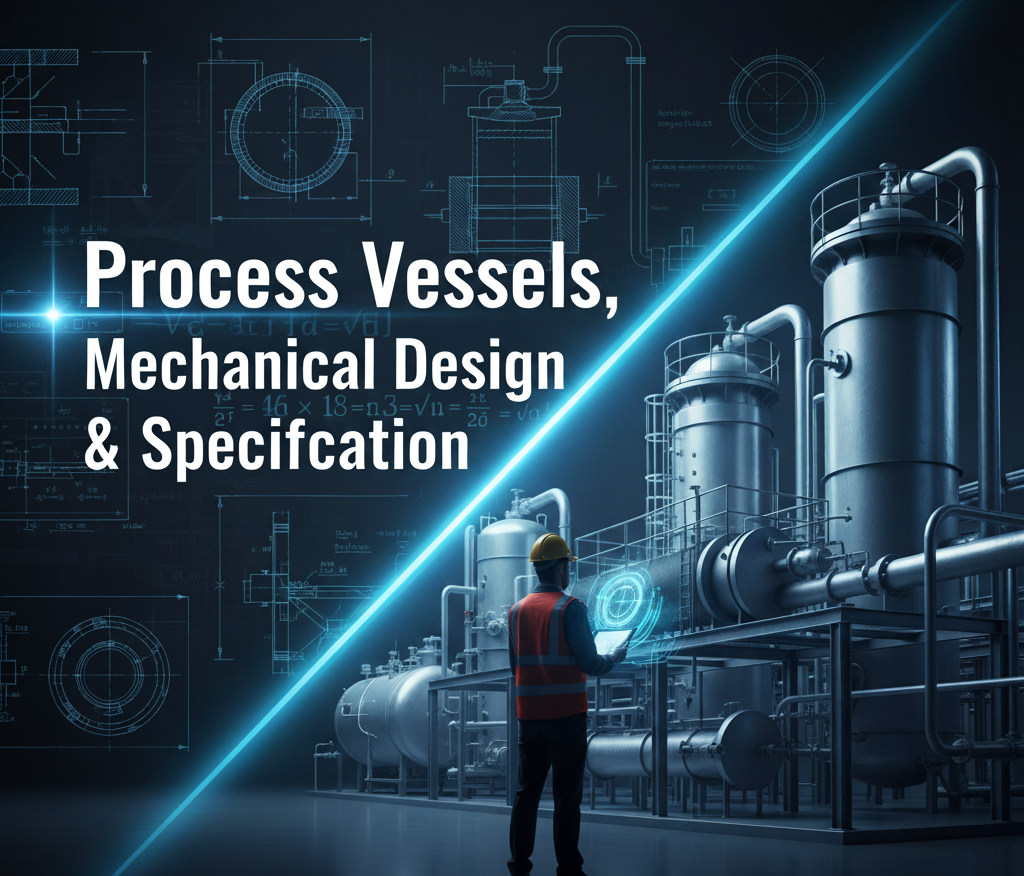
This course reviews the design of mechanical components for process vessels in oil and gas facilities. The emphasis is on codes and standards sizing calculations and materials selection vessel specifi ...
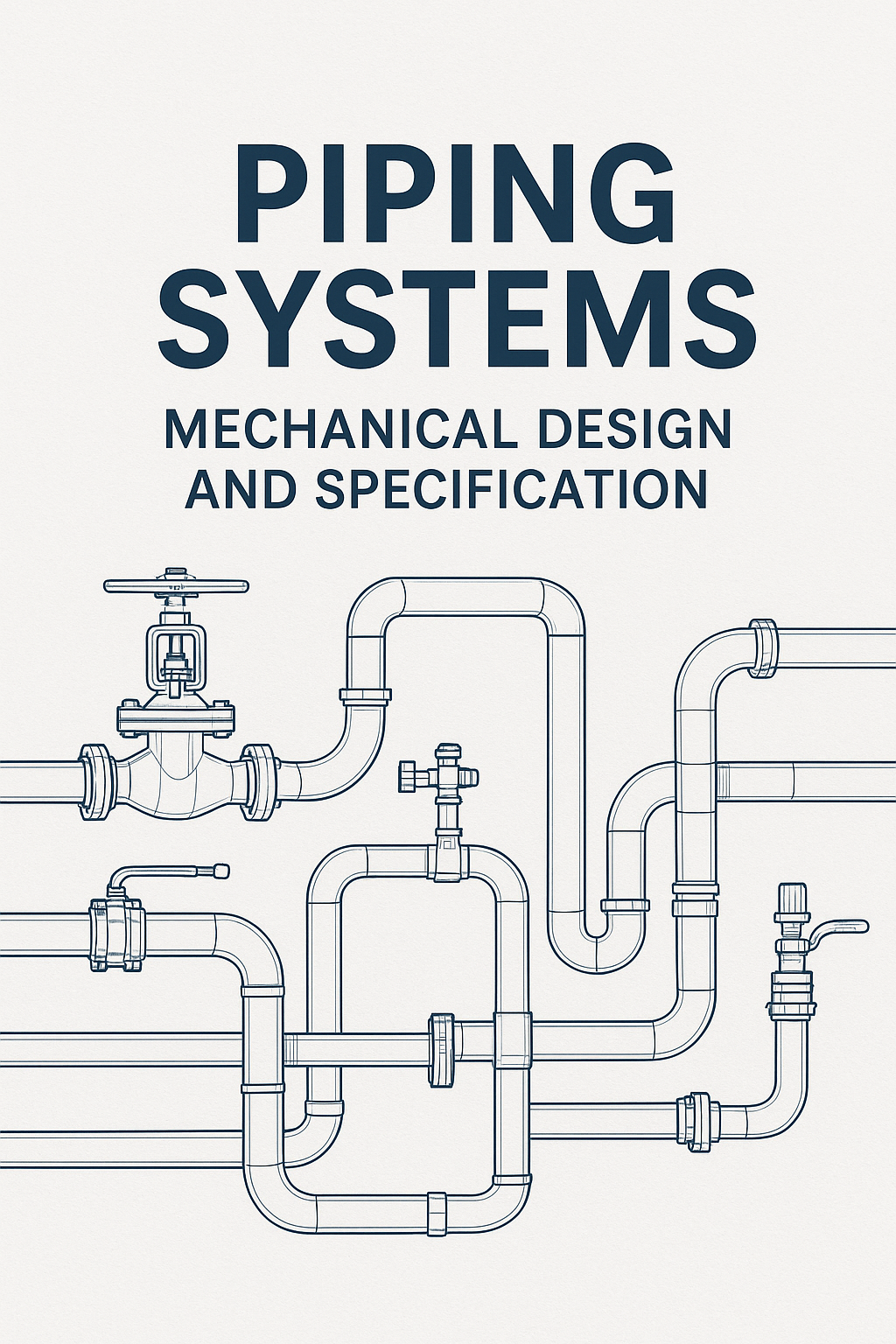
This course for engineers and piping system designers reviews the key areas associated with the design of piping systems for oil and gas facilities. The course is focused on four areas: codes and stan ...

Engineers, technicians, maintainers and operators who may not have a mechanical background are often given the responsibility for the procurement, installation, operation and maintenance of mechanical ...
Providing services with a high quality that are satisfying the requirements
Appling the specifications and legalizations to ensure the quality of service.
Best utilization of resources for continually improving the business activities.
CDGA keen to selects highly technical instructors based on professional field experience
Since CDGA was established, it considered a training partner for world class oil & gas institution
3012, Block 3, 30 Euro Business Park, Little Island, Co. Cork, T45 V220, Ireland
Mon to Fri 09:00 AM to 06:00 PM
Contact Us anytime!
Request Info